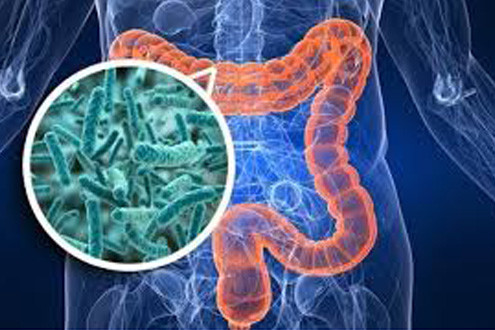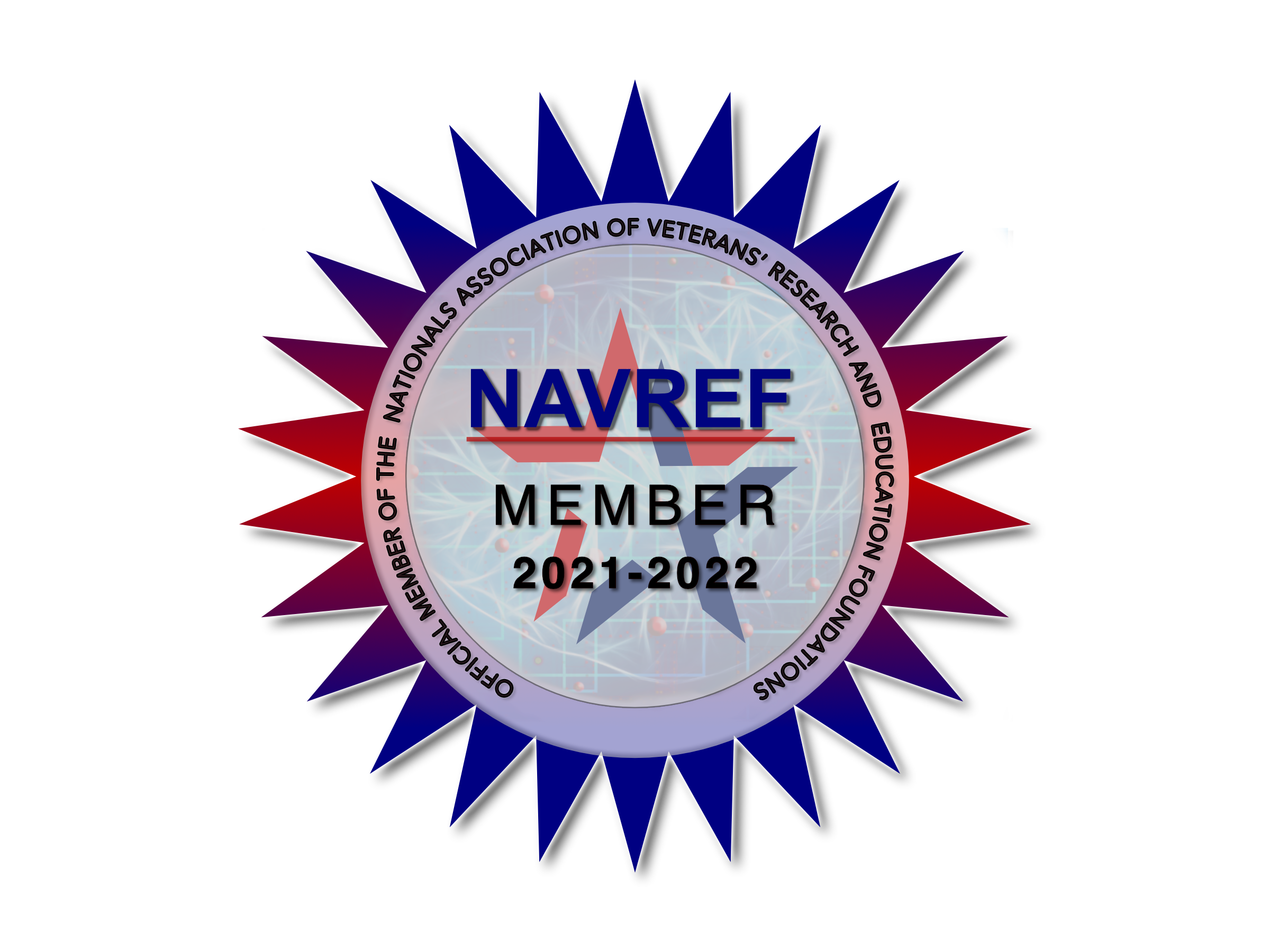Investigating the complex microbial communities of our bodies to know what factors lead to stability or instability in these communities.

Predicting Resilience in the Human Microbiome
The human microbiome, or the communities of microbes that are commonly found in and on the human body, provide a wide variety of benefits to their human host, including food digestion, provision of nutrients and vitamins, protection against disease-causing microbes and against environmental chemicals, and proper regulation of human immunity and metabolism. At the same time, these communities are also capable of contributing to disease if they become altered. Maintenance and recovery of key beneficial services by complex microbial communities in the face of disturbance is fundamental to health. Yet, stability and resilience vary in, and between different individuals, and are poorly understood.
We are interested in how these microbial communities can maintain their beneficial properties (stability), especially when confronted with factors capable of community disturbance, like antibiotics or shifts in diet, as well as how communities are able to recover from these disturbance factors (resilience). Dr. Relman’s approach is to recruit healthy adults, expose them to short courses of antibiotics, intestinal clean-out procedures (as undertaken before colonoscopy), and/or temporary changes in diet, and analyze features of the microbiome, with the short-term goal of identifying features that might explain stability and resilience. The long-term goals are to understand the basis for microbial community stability, maintenance of beneficial functions of the microbiome, and recovery, so that precise interventions can be designed that will promote and restore the beneficial properties of the human microbiome.
This work is funded by the NIH National Institute of Allergy & Infectious Diseases through grant #R01 AI147023.
You can read more about this study, about the dynamics of the human microbiota in general, and even take a quiz at the study website: https://humanmicrobiota.weebly.com/


